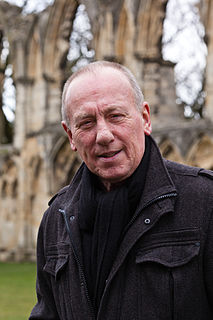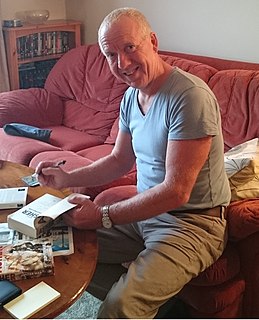A Quote by Toni Morrison
I have the wonderful pleasure of finishing the book and closing it. And I don't read them later.
Related Quotes
The face of the water, in time, became a wonderful book- a book that was a dead language to the uneducated passenger, but which told its mind to me without reserve, delivering its most cherished secrets as clearly as if it uttered them with a voice. And it was not a book to be read once and thrown aside, for it had a new story to tell every day.
For most people, what is so painful about reading is that you read something and you don't have anybody to share it with. In part what the book club opens up is that people can read a book and then have someone else to talk about it with. Then they see that a book can lead to the pleasure of conversation, that the solitary act of reading can actually be a part of the path to communion and community.
With fantasy, one often has to think of a well-loved series before narrowing the selection to a favourite book. So it is with Zelazny. I've read his 'Princes in Amber' books so often, I know them almost verbatim, so much so that I am now trying to forget them so I can return to them with renewed pleasure.
I am very bad at remembering the books I've read and so recently I had a wonderful experience. I decided I wanted to teach Toni Morrison's The Bluest Eye. I hadn't read it in twenty-five years. I was surprised to find how much I drew from that book. Stole from that book, learned from that book about writing. I had forgotten and there it was. Morrison has called that text faulted. I cannot see how.







































